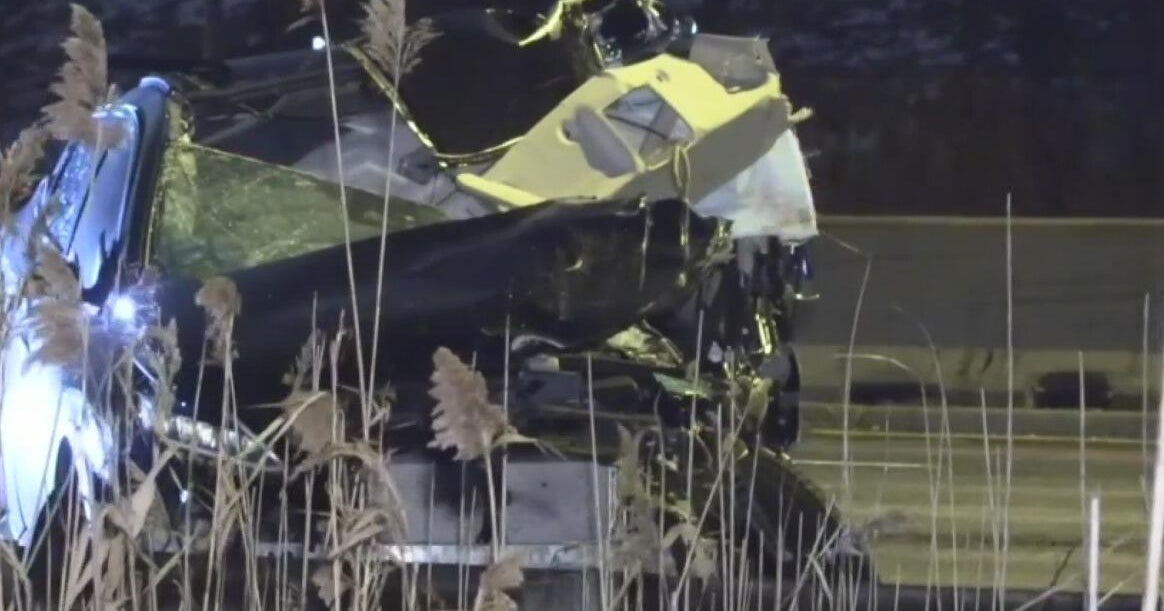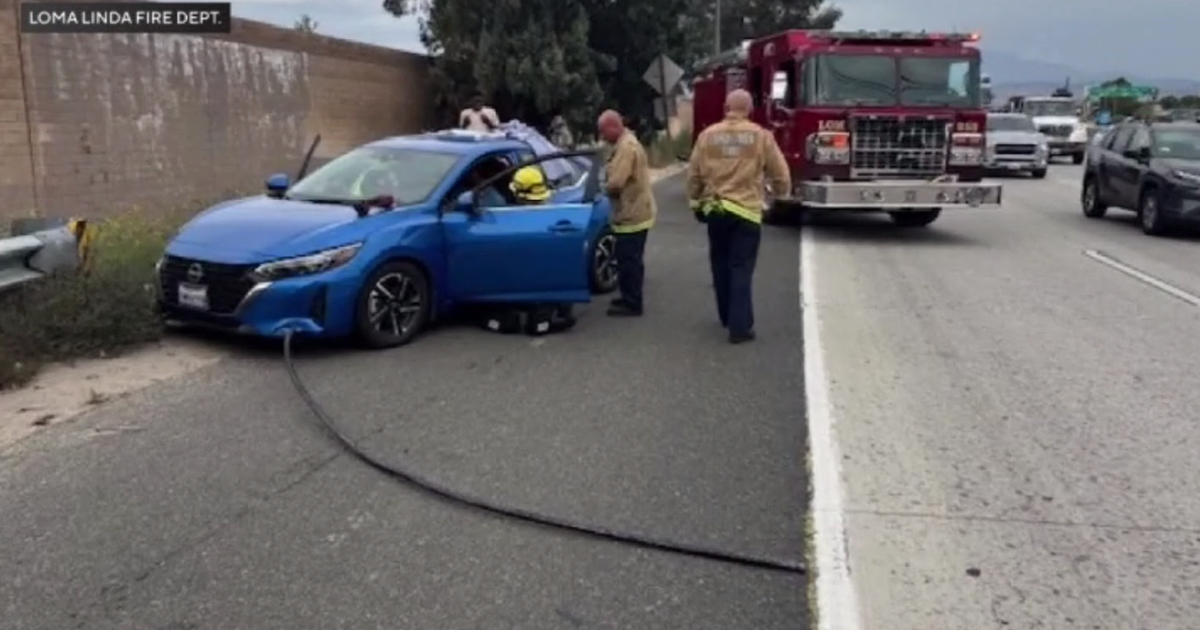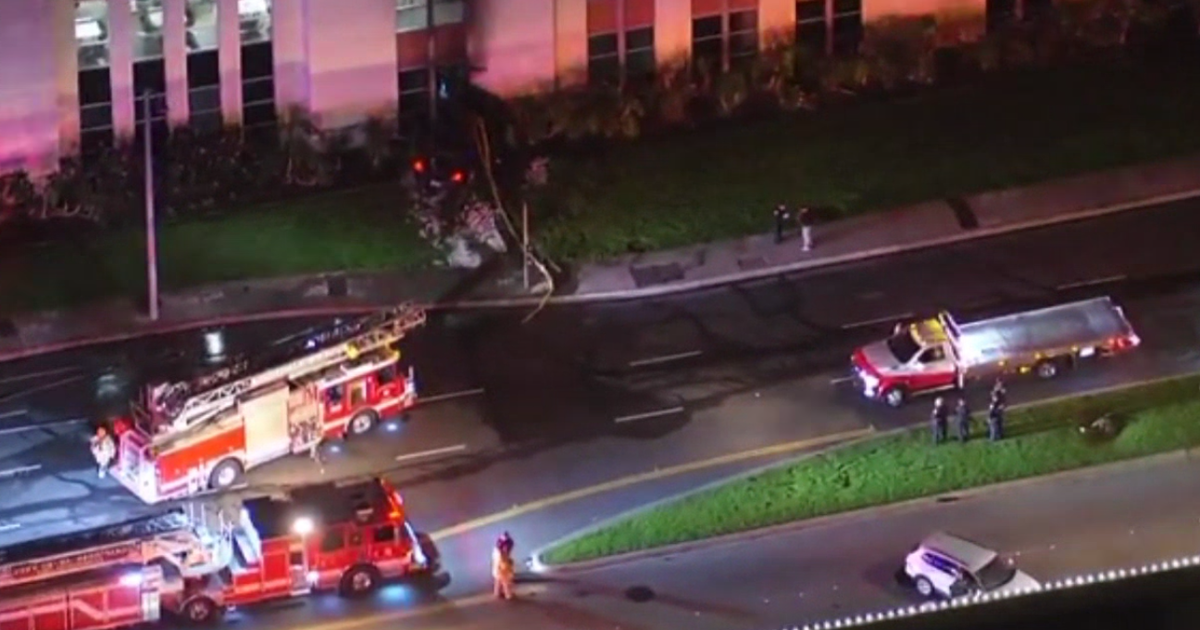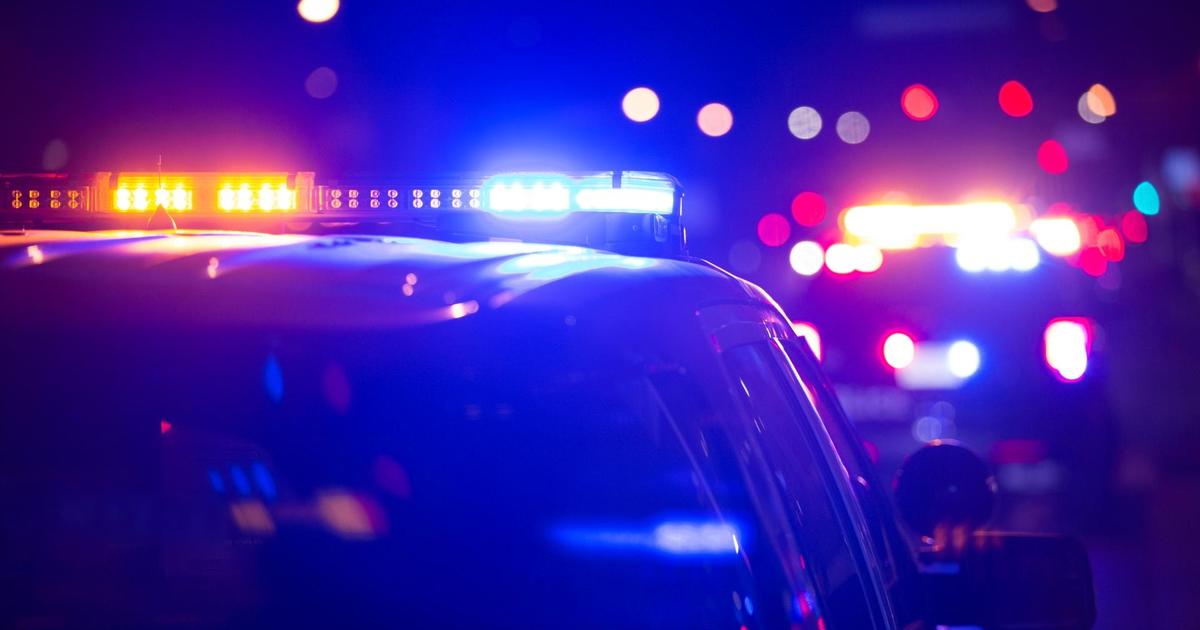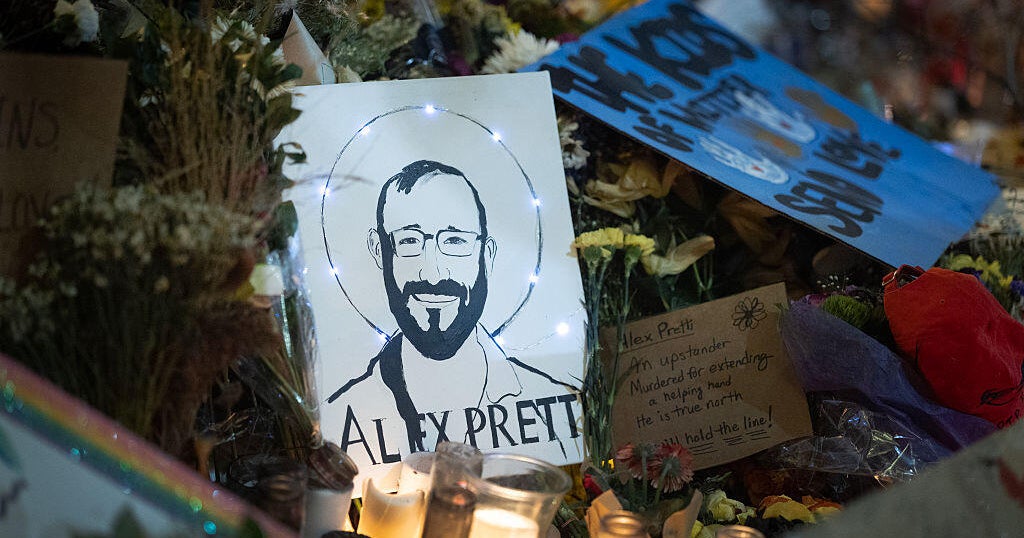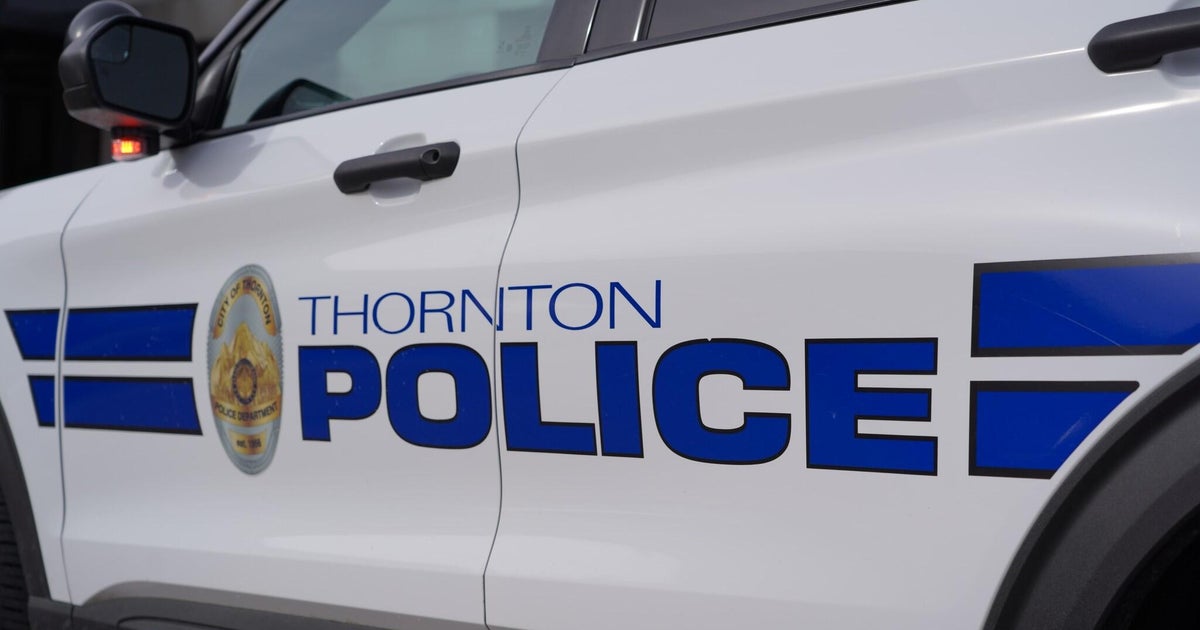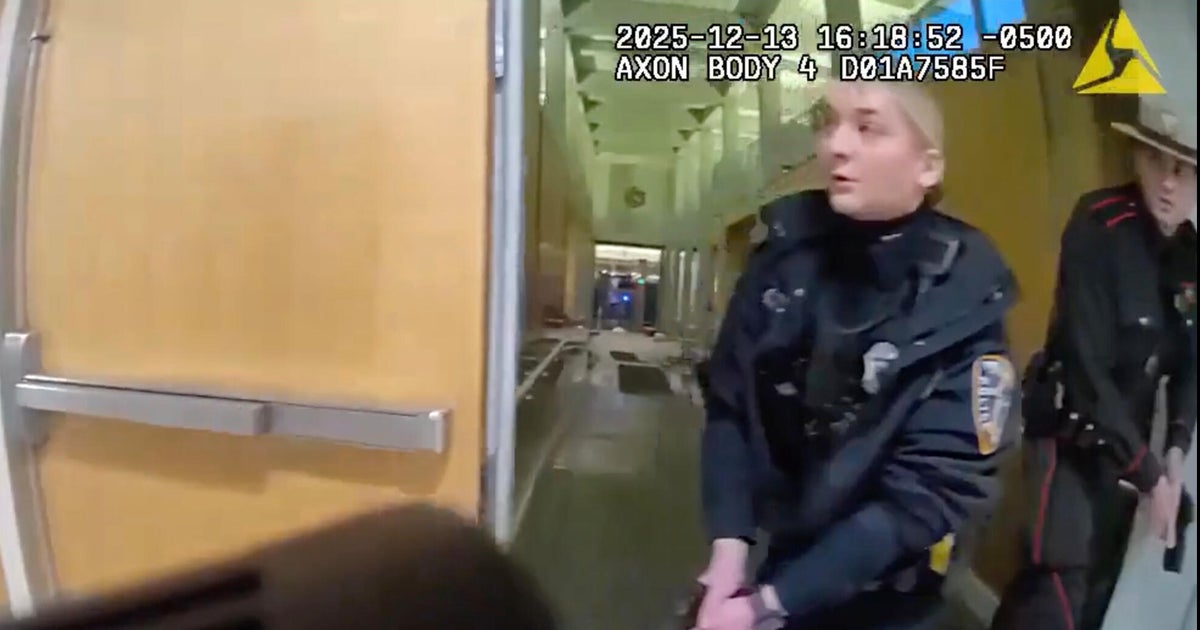Drive a Tesla? Here's what to know about the latest Autopilot recall.
If you own or drive a Tesla, your vehicle's software is likely in need of a required safety update. The electric car company is recalling 2 million vehicles over a software failure related to its semi-automatic Autopilot feature. Here's what to know.
What's happening?
Tesla is recalling more than 2 million vehicles across four different models to fix a flaw in its Autopilot system. The self-driving feature is supposed to ensure drivers are paying attention when the system is activated, but a yearslong investigation by the National Highway Traffic Safety Administration found that the automated system's built-in safety measures are at times inadequate and "can lead to foreseeable misuse of the system," according to a statement from the NHTSA.
Despite its name, Tesla's Autopilot system is not a fully automatic self-driving mode. It can steer, accelerate and brake automatically in its lane, but must otherwise be assisted by a driver.
What did NHTSA's investigation find?
The recall comes as the NHTSA conducts an ongoing investigation into a series of crashes, some deadly, related to Tesla's so-called Autopilot system.
Since 2016, the NHTSA has investigated 35 crashes, in which 17 people have died, involving Teslas the agency suspects were relying on Autopilot.
In more than one case, a Tesla running on Autopilot hit a parked emergency vehicle dispatched to respond to unrelated crashes.
Last weekend, The Washington Post published a report investigating Autopilot's shortcomings, including the fact that it deploys in instances for which it was not designed to be used, leading to deadly crashes.
The Washington Post said it's identified about 40 fatal or serious crashes beginning in 2016, including those investigated by the NHTSA.
Tesla subsequently issued a statement on social media platform X calling the report "egregious."
The company insists that vehicles are more safe "when Autopilot is engaged than when not engaged."
What vehicles are affected?
The recall includes models Y, S, 3 and X produced between Oct. 5, 2012 and Dec. 7 2023.
What is Tesla doing to fix it?
Tesla is sending drivers a software update that fixes the problem without requiring car owners to bring in their vehicles in order to be safe to drive.
The update will install alerts designed to better ensure that drivers are fully aware and paying attention even when Autopilot is engaged. The controls will "further encourage the driver to adhere to their continuous driving responsibility," safety regulators said Wednesday.
Specifically, the update will address Tesla Autosteer function, one of two Autopilot features. Autosteer is designed to keep vehicles on track and in their lanes on freeways. A more advanced mode of the function can navigate city streets. The update limits where Autosteer can be used, depending on conditions in a vehicle's surrounding environment. It will alert drivers that Autosteer is unengaged, according to the recall documents.
The software update was sent to owners of certain affected vehicles on Tuesday, with the rest getting it at a later date, they added.
